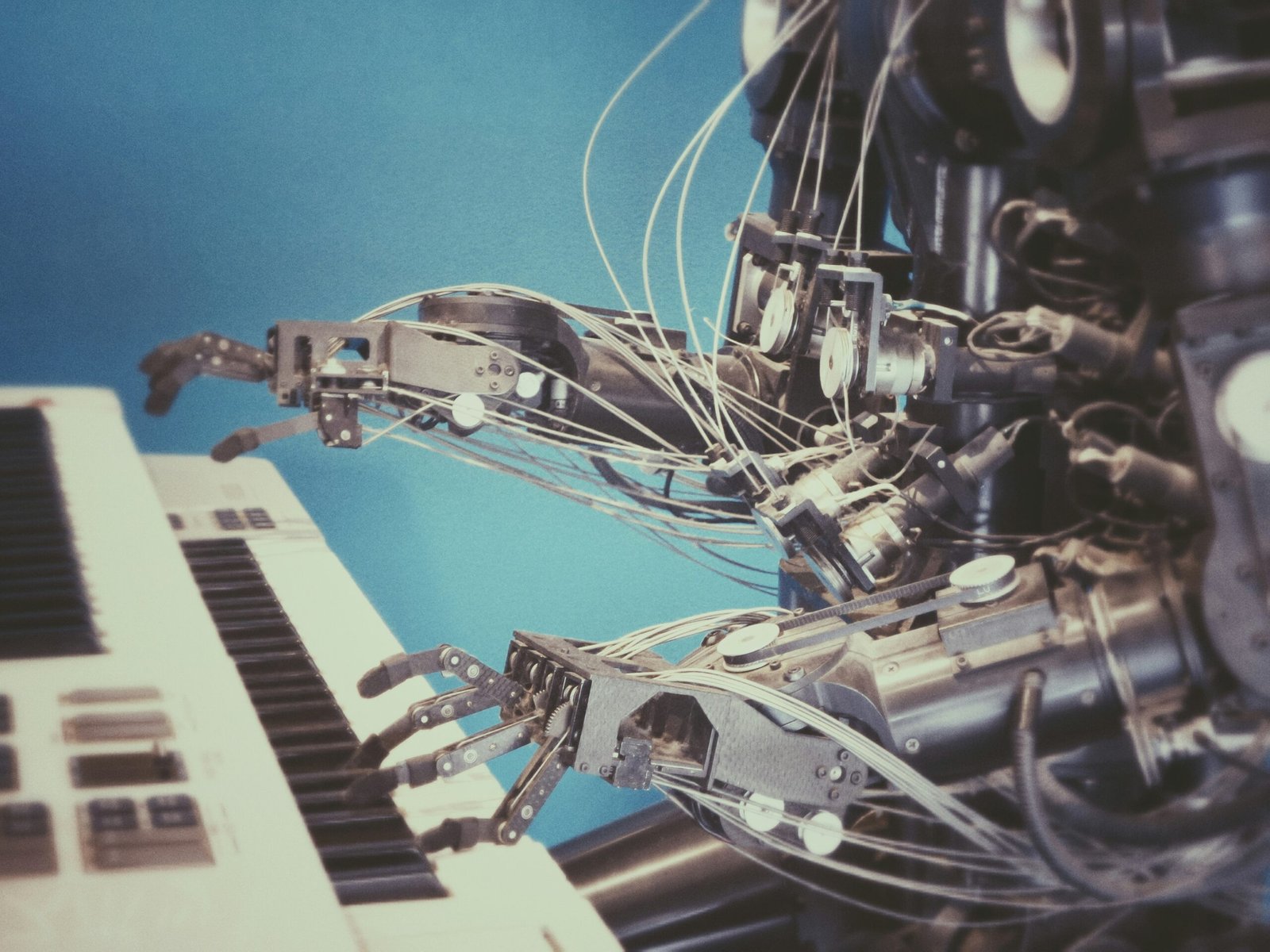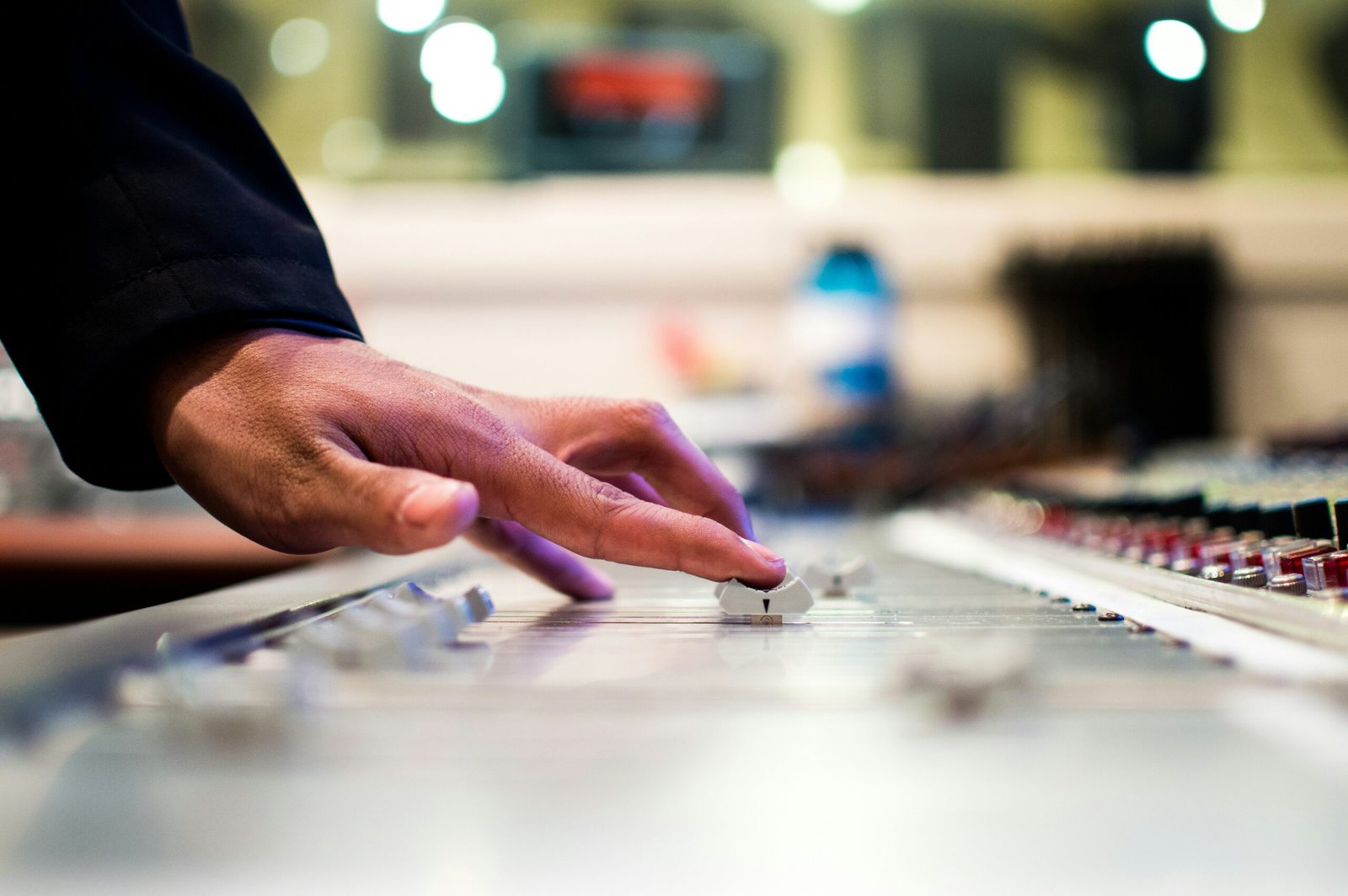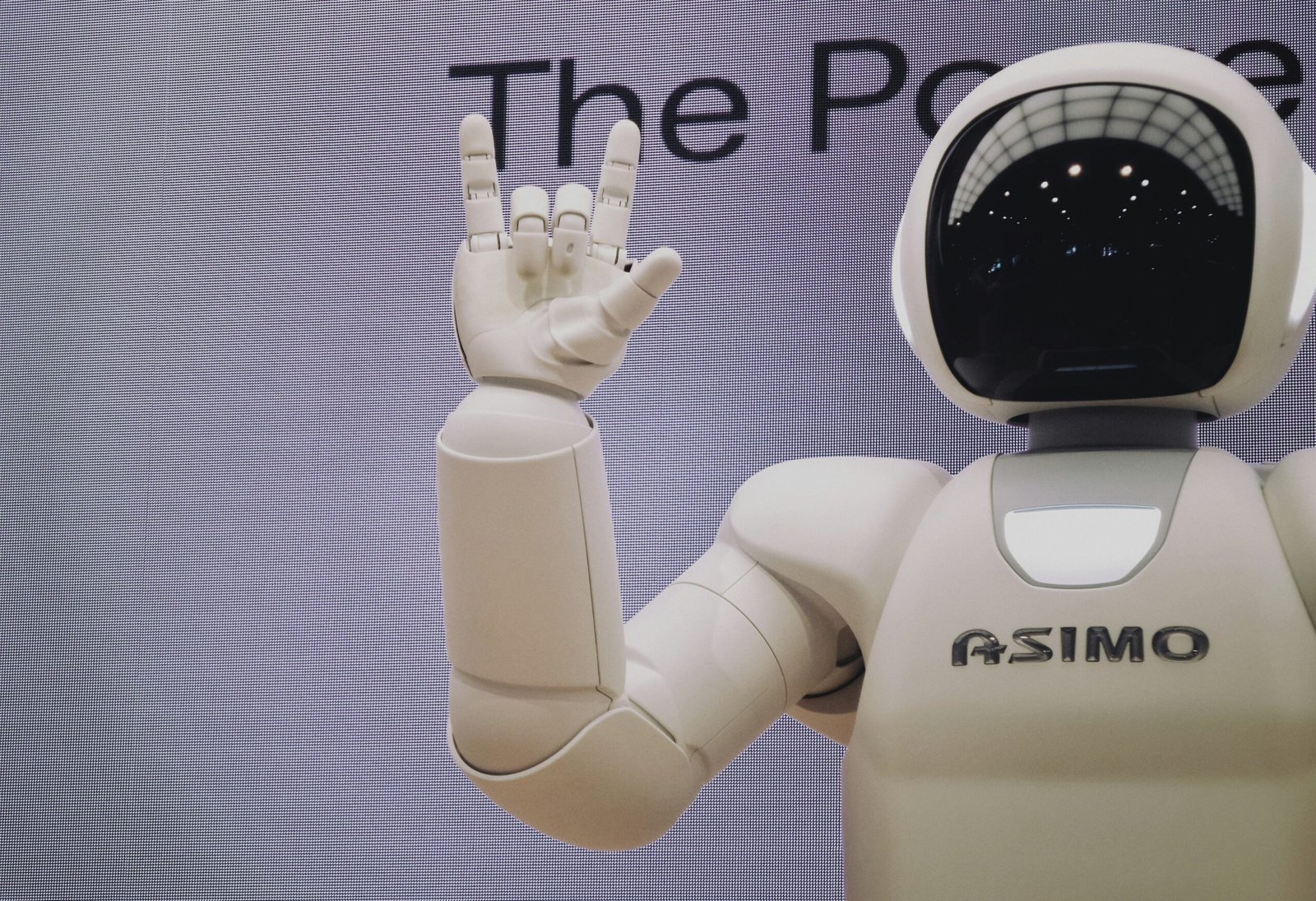Embracing the Future: Enjoy Creating Music with AI and New Technology

The Evolution of Music Creation with AI
The journey of music creation has undergone significant changes, particularly with the advent of artificial intelligence (AI) and technological advancements. Traditionally, music composition relied heavily on the skills of musicians who employed instruments and notation systems to express their creativity. The process was often lengthy and required a deep understanding of music theory, which could limit the scope of expression for many aspiring artists.
With the rapid development of computers and digital technology in the late 20th century, recording and producing music began to shift. Software such as Digital Audio Workstations (DAWs) emerged, providing musicians with powerful tools to compose, record, and edit their music. However, it was not until the integration of AI algorithms that a major transformation occurred. AI music generation technologies have evolved from simple plugins offering chord suggestions to sophisticated platforms capable of composing full tracks and generating unique melodies.
Key milestones in AI-driven music creation include the development of systems like OpenAI’s MuseNet and Google’s Magenta, which leverage deep learning algorithms to analyze existing compositions and produce original music in various styles. These advancements open new avenues for creativity, allowing both professional musicians and hobbyists to experiment without the constraints typically associated with traditional methods. The introduction of AI tools enables an unprecedented collaboration between human creativity and machine capabilities, empowering artists to push the boundaries of musical innovation.
Groundbreaking examples of AI-created music include tracks produced by algorithms that mimic the stylistic qualities of famous composers or contemporary artists. These examples not only illustrate the impressive capabilities of AI but also highlight the potential impact on future music projects. As artists continue to embrace these technologies, the landscape of music creation is set to evolve further, reshaping how we understand composition and collaboration in the artistic realm.
Harnessing the Power of AI for Your Music Projects
The integration of artificial intelligence (AI) into music creation is revolutionizing the way artists approach their craft. Today, musicians can harness various AI tools and software to streamline their creative workflow and enhance their compositions. Music generation software such as OpenAI’s MuseNet, AIVA, and Google’s Magenta are just a few examples of applications that enable users to create melodies, harmonies, and rhythms with the aid of machine learning algorithms. These tools can analyze existing music patterns and generate original pieces that align with specific styles or moods.
One of the primary benefits of utilizing AI in music projects is the ability to experiment freely without fearing the constraints of traditional music theory. For instance, artists can generate new melodies, explore unique chord progressions, or even enhance existing tracks by feeding their ideas into an AI system. This collaboration can lead to unique soundscapes and unexpected musical directions that may not have been conceived through a solely human lens. Additionally, AI assists in refining musical elements such as tempo and dynamics, allowing musicians to focus more on the emotional aspects of their work.
To fully benefit from these AI advancements, musicians should adopt an experimental mindset. Embracing the technology as a partner instead of a replacement can lead to remarkable outcomes. Collaborative approaches may include generating multiple variations of a melody and selecting the most appealing one or using AI to suggest rhythmic patterns that complement a given composition. The key to successfully blending human creativity with AI assistance lies in maintaining a balance that preserves the artist’s unique voice while embracing innovative tools. By doing so, musicians can explore new sonic territories and leverage AI to expand their creative horizons.




